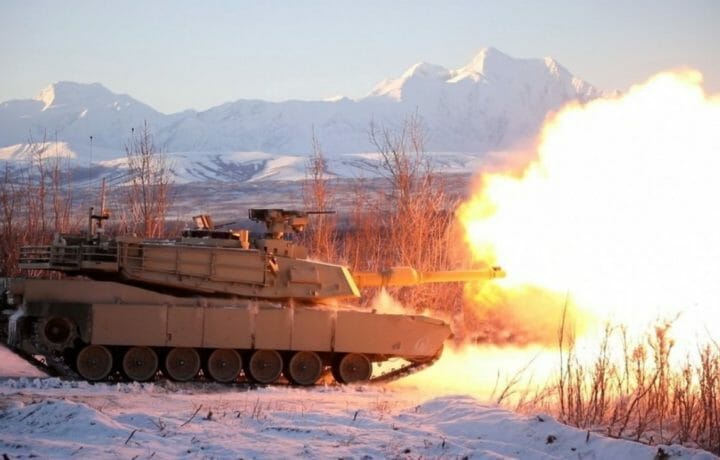The U.S. Department of Defense (DoD) is revising its Arctic strategy as potential adversaries step up their presence in the increasingly accessible region.
“Updating the department’s strategic approach to the Arctic will be helpful in aligning DoD resourcing to strategy and serve as a strong strategic messaging tool to allies, partners, and competitors,” said Derek Chollet, who is President Joe Biden’s nominee for undersecretary of defense for policy.
DoD released its current Arctic strategy in 2019, and the update is expected to build on the government-wide “National Strategy for the Arctic Region” that the Biden Administration published in October 2022. The department plans to release its updated strategy in 2024, a DoD spokesperson told ClearanceJobs.com on Oct. 4.
POSSIBLE COMPETITION
Chollet, who appeared before the Senate Armed Services Committee on Sept. 28 for his confirmation hearing, described the Arctic as “a potential forum for expanded strategic competition” with China and Russia. While shrinking sea ice could make the region a more attractive route for commercial ships, “both competitors’ activities in the Arctic could pose threats to freedom of navigation, as well as U.S. sovereignty and economic interests. The United States cannot afford to concede primacy in the region to either nation,” he wrote in his answers to advance policy questions.
Before Russia invaded Ukraine in February 2022, it “invested heavily in its Arctic military presence,” such as by creating new units and bases and refurbishing infrastructure, Chollet noted. “Russia also asserts excessive and illegal maritime claims in the region, including the right to regulate Arctic waters and restrict navigational rights and freedoms guaranteed under international law,” he said. “Russia’s military investments reinforce its ability to enforce those claims and potentially seek to control what it calls ‘the Northern Sea Route.’”
The People’s Republic of China (PRC), meanwhile, considers itself a “near-Arctic state” and is seeking to boost its influence in the region. “The PRC does not yet possess the ability to project significant military power into the Arctic, but it is pursuing an increasing role in shaping governance and security affairs in the region,” Chollet said. “China’s activities in the Arctic are largely civilian in nature to date, but they likely include dual-purpose activities that could enable a future PRC Arctic military presence.”
DOMAIN AWARENESS
The Biden administration’s 2022 Arctic strategy calls for investing in “modernized domain awareness to detect and track potential airborne and maritime threats and improve sensing and observational capabilities, including for sea ice, ship traffic, and weather.” It also envisions conducting more combined military exercises and training in the region with friendly countries.
“Our Arctic allies and partners have significant experience in and focus on operating in extreme Arctic conditions,” Chollet said. “These nations bring additional capabilities and geographic reach to the table, and there is great potential benefit in increased cooperation, data sharing, joint exercises, and combined operations if and when necessary.”
Chollet is seeking to return to the Pentagon, where he was assistant secretary of defense for international security affairs during the Obama administration. He is currently a senior policy adviser at the U.S. State Department. If confirmed by the Senate as DoD policy chief, he will replace Colin Kahl, who resigned in July.

